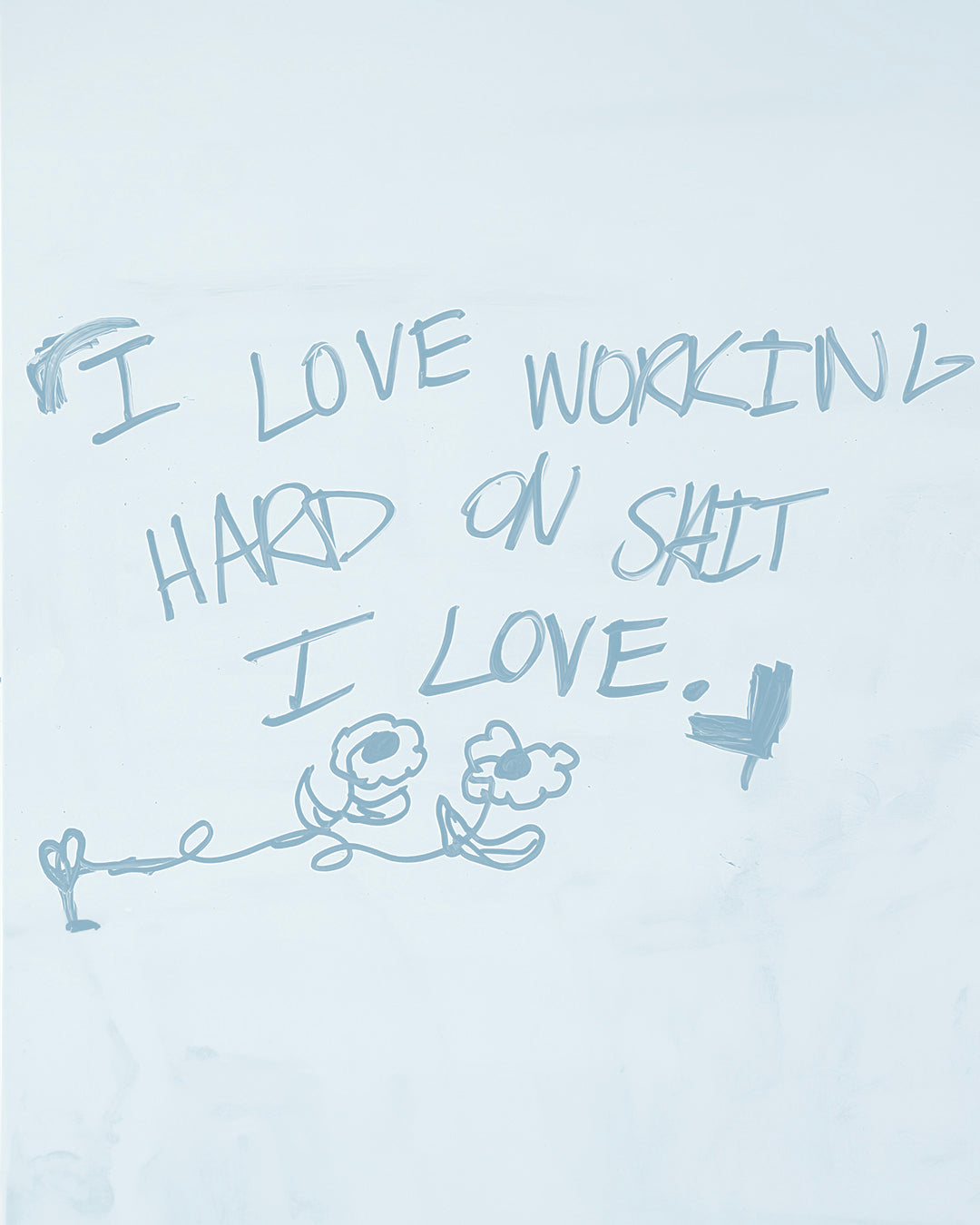The Power of a Pause: Why Thinking Slowly Is Smarter
Share
In a world that values speed and quick decisions, the ability to pause and think slowly can be a game-changer. It’s often the person who takes a moment to reflect, rather than rushing to react, who holds the true power. This concept may seem to defy conventional wisdom—after all, isn't decisiveness synonymous with strength and intelligence? However, the art of slowing down, of pausing to process information before responding, reveals a hidden strength that can lead to smarter decisions and more thoughtful actions.
The Power of Slowing Down
Imagine a basketball player on the court. The game is intense and fast-paced, and quick reactions are highly valued. Yet, the truly exceptional players are those who appear to have all the time in the world. They don’t rush. They carefully observe the court, understand the flow of the game, and make decisions that are not only swift but wise. This ability to slow down, take in the entire situation, and think critically before making a move sets them apart.
This principle applies off the court as well. According to The New Yorker, even highly intelligent people can fall into thinking errors when they react too quickly. For example, consider this simple arithmetic problem: A bat and ball cost a dollar and ten cents in total. The bat costs a dollar more than the ball. How much does the ball cost? Most people quickly answer ten cents, but the correct answer is five cents for the ball and a dollar and five cents for the bat. This example shows how our brains often take shortcuts to arrive at answers quickly, which can lead to mistakes. By taking a moment to slow down and process information, we can avoid these errors and make smarter choices.
Balancing Fast and Slow Thinking
As highlighted in Psychology Today, the challenge lies in balancing when to think fast and when to think slow. Recognizing which situations require a quick response and which ones benefit from a more deliberate approach can be a key factor in achieving success. Factors such as the importance of the task and the time available to make a decision influence this balance.
For instance, in the heat of an argument, our natural inclination might be to respond quickly, to defend ourselves or counterattack. However, this often leads to saying things we don’t mean, escalating the conflict, or regretting our words later. Taking a moment to pause, understand the other person’s perspective, and consider a thoughtful response can lead to more constructive outcomes. This mindful approach not only diffuses tension but also strengthens relationships by showing empathy and understanding.
The Benefits of Slow Thinking
The advantages of slow thinking extend beyond just making better decisions. As discussed in the Harvard Business Review, slow thinking allows for deeper reflection and consideration of different outcomes and consequences. It aids in managing complex problems, applying logic, and avoiding impulsive mistakes. It also fosters better control over thoughts and behavior, enabling more deliberate and intentional actions.
Slow thinking involves a detailed, analytical approach to understanding situations or problems. It helps link choices with their potential consequences, allowing you to compare, predict, and visualize both primary and secondary effects of your decisions. This methodical process enhances your ability to foresee outcomes and make informed, thoughtful choices. It also supports metacognitive skills, such as planning, monitoring, and evaluating the results of your actions, which are essential for personal and professional growth.
Conclusion: Embracing the Power of Pause
Reacting slowly doesn’t mean being indecisive or hesitant. It’s about taking the time to fully grasp the situation, weigh your options, and make a thoughtful decision. It’s about understanding the power of a pause. The next time you’re faced with a decision or a reaction, give yourself permission to take a moment. That brief pause can lead to insights and outcomes far more valuable than a quick reaction. Slowing down is not a sign of weakness; it’s a path to greater understanding and smarter choices.
Sources:
- "Why Smart People Are Stupid" - The New Yorker
- "The Benefits of Being a Slow Thinker" - Psychology Today
- "The Science of Why Taking Your Time Improves Decision Making" - Harvard Business Review
- "The Importance of Asking Why" - Psychology Today

